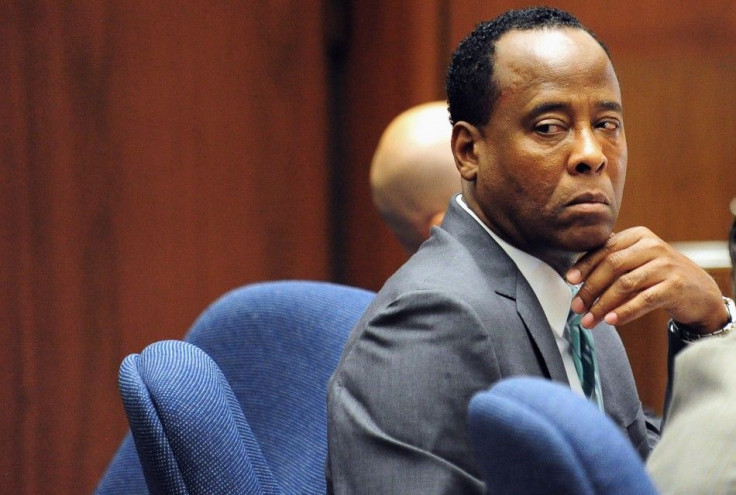Jackson physician acted like employee not doctor: expert

A medical expert testified on Wednesday that Michael Jackson's doctor acted more like an employee than a physician by agreeing to give the pop star nightly doses of the potent anesthetic propofol to treat insomnia.
Dr. Steven Shafer, regarded as one of the leading researchers in the use of propofol, took the stand as the final prosecution witness in the involuntary manslaughter trial of Dr. Conrad Murray.
It is nearly unheard of to give propofol, normally used before surgery in a hospital setting, as a treatment for insomnia, said Shafer.
We are in pharmacological 'Never Never Land' here, something that's only been done to Michael Jackson, he said.
In impassioned testimony, Shafer also cataloged what he said were Murray's failures as Jackson's personal physician, starting with agreeing to the pop star's request to receive propofol as a sleep aid at his rented Los Angeles mansion.
Conrad Murray said yes, and that is what an employee does. And I do not see a difference between Conrad Murray saying yes to a request that Michael Jackson is making, and an employee who cleans the house agreeing to a request of Michael Jackson, Shafer said.
Shafer gave 17 instances of how Murray's treatment of Jackson on June 25, 2009 -- the day the singer died -- constituted egregious violations of common medical standards.
He blasted Murray for the over 20 minutes that elapsed between the time prosecutors believe he discovered Jackson had stopped breathing, and when an ambulance was called.
It's just inconceivable to me. A physician would not do that, Shafer said.
NO RECORDS
Propofol was ruled the main cause of the Thriller singer's death. Murray admitted to police he gave Jackson the drug to help him sleep.
His attorneys claim Jackson gave himself an extra, fatal dose of the drug when Murray was out of the singer's bedroom.
Shafer, a professor at Columbia University and who helped set U.S. standards for propofol dosage, criticized Murray for not keeping medical records in the over two months he told police he was giving Jackson nightly doses of the drug.
The family has a right to know what happened, and with no medical record, the family has been denied that right, Shafer said, raising his voice.
Jackson's parents, Katherine and Joseph, and two of his siblings showed little reaction as they sat in the courtroom.
Murray also remained unemotional during the testimony.
Jurors were shown a detailed video on the correct use of propofol -- a potentially damaging presentation that differed sharply from accounts of how Murray cared for Jackson.
The medical training video showed doctors in scrubs and gloves attending to a patient in a sterile operating room, with electronic monitors and displays. They meticulously checked medical tools and machines that witnesses say were absent in the bedroom where Murray gave Jackson propofol.
The defense is expected to begin presenting its case on Friday. Murray, who has pleaded not guilty, faces a maximum sentence of four years in prison if convicted.
© Copyright Thomson Reuters 2024. All rights reserved.





















